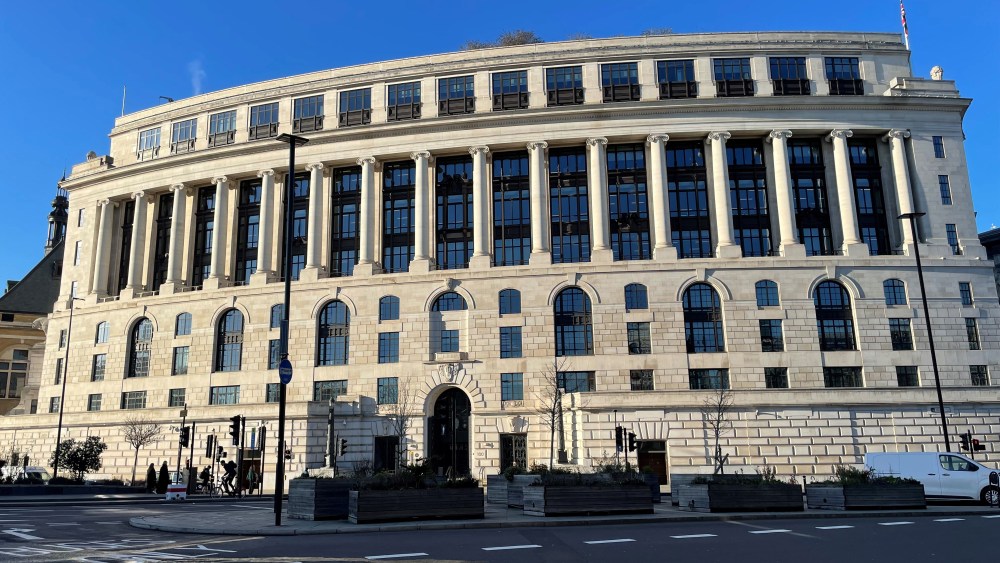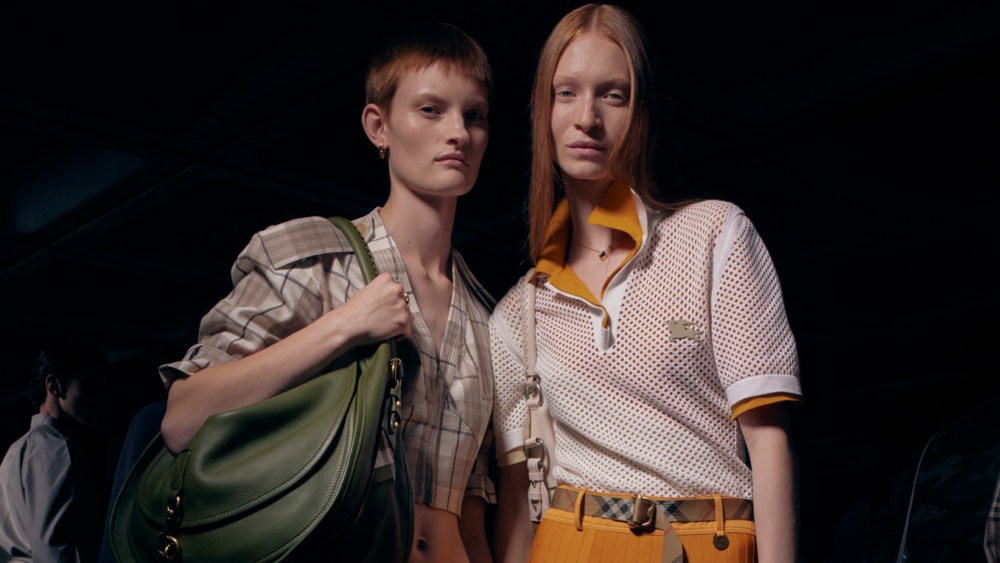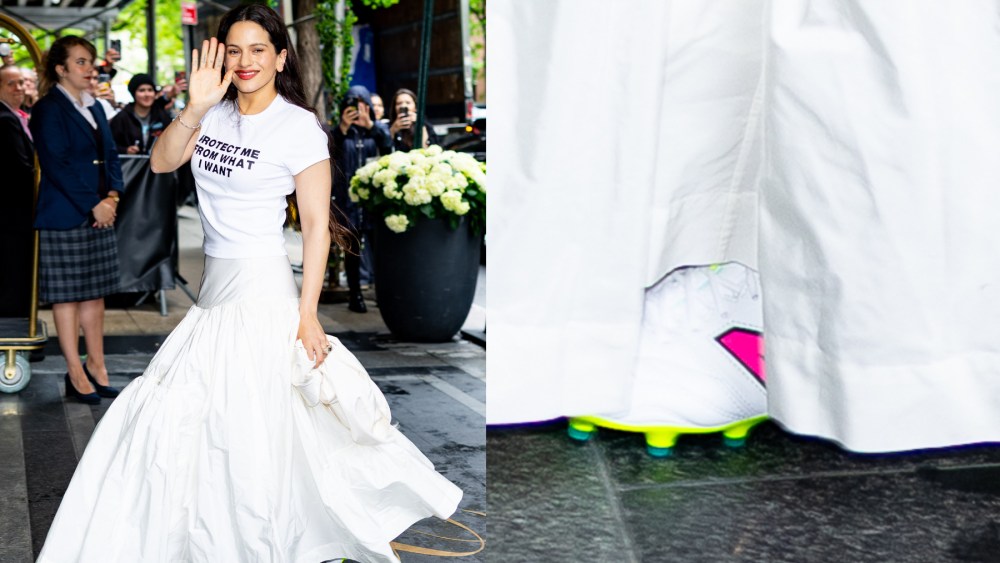The upheaval at Unilever continues. 2024 was a year dedicated to slimming down and streamlining its operating structure under CEO Hein Schumacher, who joined the company in July 2023 and implemented a major reset in October that year.
The news this February that Schumacher would step down in March by mutual agreement took the market by surprise, particularly as he had been praised for his strategy, which the company has said is beginning to bear fruit. CFO Fernando Fernandez — Unilever’s head of Beauty & Wellbeing until 2023 — was named CEO.
Operationally, Schumacher’s restructuring aimed to shift Unilever’s focus to working on fewer, bigger innovations to drive volume growth and the key “power brands,” which account for 75% of its sales. It has also announced plans to spin off its ice cream division. Part of the productivity program includes the loss of 7,500 office-based jobs, which should result in cost savings of around €800 million globally over three years. Total restructuring costs are likely to be around 1.2% of group turnover for three years.
Related Articles
In the third quarter, Unilever sold its Russian subsidiary amid ongoing pressure from media and the wider industry. The business was sold to Arnest Group, a Russian manufacturer of perfume, cosmetics and household products.
Last June, it completed the sale of Elida Beauty, a cluster of more than 20 brands including Caress, Timotei and Tigi, to Yellow Wood Partners, which bought Suave in 2023.
Vasiliki Petrou, who built Unilever’s Prestige division from scratch, acquisition by acquisition, during her decade at the firm, announced her departure last June. In November, Unilever announced that it had named former Pandora executive Mary Carmen Gasco-Buisson as CEO of the activity.
Sales-wise for the year, the Beauty and Wellbeing division outperformed the company as a whole with underlying sales up 6.5%, driven mainly by volume growth. The company focused on premiumizing its core hair and skin care portfolio, fueling the growth of its prestige brands through international expansion and continuing to strengthen competitiveness through innovation and a social-first approach to consumer engagement.
Volume contributed the majority of gains to the division’s underlying sales growth, with a strong performance of “Power Brands” including Sunsilk, Dove, Vaseline and Pond’s. Prestige products accounted for 30% of the division’s turnover last year, Unilever said.
Hair care grew in the mid-single digits, with Sunsilk, Unilever’s biggest brand in the category, benefiting from its successful 2023 relaunch and the introduction of new formats. Dove was boosted by the launch of Scalp + Hair Therapy and Bond Repair. Both brands gained in the high-single digits, while TRESemmé saw mid-single-digit gains and Clear, with low single-digit growth, was penalized by China, its largest market.
Core skin care brands were boosted by Vaseline, which benefitted from ongoing strong demand and expansion to new markets with its Gluta-Hya collection. Dove delivered double-digit growth thanks in part to its launch of body serums and three-in-one face care treatments in Brazil, Mexico and the U.S. After its 2023 relaunch, Pond’s Skin Institute also saw double-digit growth.
The company said its Prestige Beauty brands saw mid-single-digit growth that reflected the slowdown in the U.S. market. Hourglass and Tatcha did well, while other brands including Paula’s Choice underperformed. During the year, Unilever completed its acquisition of biotech hair care brand K18, which saw double-digit growth. Rumors circulated that the company is looking to divest Kate Somerville and REN.
In Personal Care, the focus was on innovation. Growth was driven by deodorants, including innovations under Rexona and Axe. Dove, which accounted for around 40% of the division’s revenues, grew in the high-single digits, driven by the launch of whole-body deodorants and a serum shower collection using active face care ingredients. In skin cleansing, good growth at Dove was partially offset by declines at Lifebuoy and Lux, which were challenged in Indonesia, China and India.
Key brand initiatives included Dove’s Campaign for Real Beauty marking its 20th anniversary with a renewed commitment never to use digital distortion or AI-generated content.
In November, Unilever said it would invest €100 million to develop its in-house fragrance design and creation capacity, part of an AI-powered strategy to accelerate growth and increase productivity. Perfumer Mathieu Lenoir was named director of its Global Creative Center for Fragrance. Unilever sold its in-house flavor and fragrance business, Quest, to Givaudan in 2005, and has not had integrated capacity since.
This January, Unilever’s Indian unit, Hindustan Unilever acquired Minimalist, a premium, digital-first skin and hair care brand.


